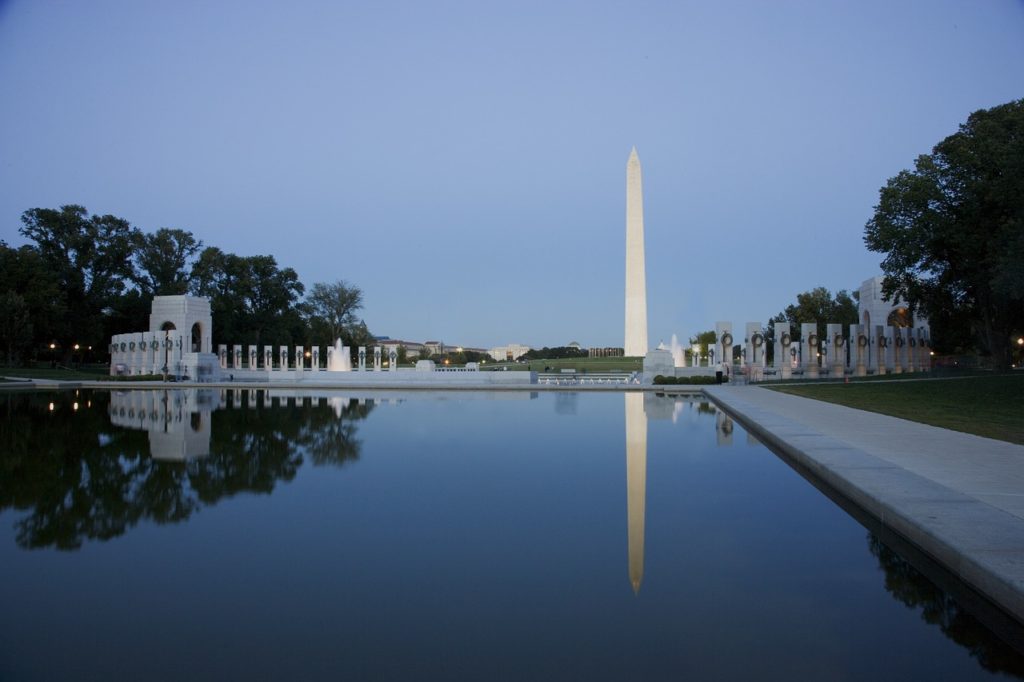The largest mobile carriers in the U.S. have responded to a joint letter from Access Now and WITNESS asking them to provide adequate internet connectivity during the weekend of the presidential inauguration in Washington, D.C. The responses — from Verizon, AT&T, T-Mobile, Sprint, and U.S. Cellular — indicate that the companies will boost capacity to handle the large influx of visitors to the capital, enabling free expression and documentation of any potential rights abuses.
Our joint letter (PDF) specifically cites the need for expanded coverage not only at the inauguration but also demonstrations such as the planned Women’s March on Washington. As we wrote:
The internet is an essential enabler of human rights in the 21st century, and mobile connectivity is particularly important for people to exercise their rights to freedom of assembly and freedom of expression. Robust wireless access to networks, applications, and services enables people to communicate with their loved ones, reach emergency services, and document rights abuses if they occur…
…According to the UN Guiding Principles on Business and Human Rights, companies have a duty to respect human rights, and to take steps to mitigate and remedy violations as they occur. This duty extends beyond simply following the law, and at times can require active pushback against orders that conflict with your human rights responsibilities. We urge you to be prepared for a range of threats to the rights of your users, and to ensure that your company provides adequate network coverage throughout the duration of the demonstrations. Proactive preparation will help you enable access to rights, as well as enhance your reputation among users, over this important weekend.
All five major carriers responded. AT&T announced in December that it planned to boost capacity by up to 400 percent using Super Cell-on-Wheels technology during the inauguration, and outlined further improvements to its networks in a blog post. Verizon Wireless publicly confirmed that it would increase its capacity “for any crowds in the area, regardless of whether they are protesting or attending the inauguration,” according to The Hill. Sprint also acknowledged the company would be strengthening capacity around the National Mall and nearby areas, while T-mobile pointed us to this Tweet by its Chief Technology Officer:
Lots of @TMobile network improvements in DC! New and enhanced sites, plus added Cell-on-Wheels for inauguration. ~10X more capacity!
— Neville (@NevilleRay) January 4, 2017
U.S. Cellular responded, saying that it does not operate facilities-based network operations in Washington, D.C.
These actions are a welcome, proactive step by mobile carriers to protect their users and mitigate threats to free expression at an important moment in a democracy. It’s vital that internet and telecom companies stay vigilant to prevent or mitigate any harms to human rights during these events, protecting the use of their networks for activists, journalists, bloggers, and others seeking to exercise their rights. Our work fighting internet shutdowns has shown that political events like elections and inaugurations are common targets for disruptions and government surveillance, that can lead to the abuse of fundamental rights, like the rights to free expression and peaceful assembly.
Last year, through Access Now’s #KeepitOn campaign, we recorded 56 internet shutdowns in more than 20 countries around the world. Contrary to popular belief, the U.S. is not immune to this disturbing trend. Through Standard Operating Procedure 303, the Department of Homeland Security could, in theory, enable the government to disrupt communications. Further, Section 606 of the Communications Act may be interpreted to allow the president to shut off the internet during an emergency or moment of “public peril.” Law enforcement use of cell site simulators or “stingrays,” which allow police to track mobile communications, can also effectively jam calls.
There is growing international consensus that internet shutdowns represent a violation of human rights and are never justified, even in times of conflict. The United Nations Human Rights Council unequivocally condemned internet shutdowns in June 2016. The multistakeholder organization Global Network Initiative — which includes companies such as Google, Facebook, and Microsoft — has also spoken out against the practice.
Those interested in keeping updated on internet shutdowns and related policy developments can follow us on Twitter, Facebook, or Instagram, or subscribe to our newsletter here.
This post was updated to reflect AT&T’s blog post on January 5, 2017 and Verizon’s public statement.
Press contact
Deji Olukotun, Senior Global Advocacy Manager, Access Now
[email protected]
415-935-4572
